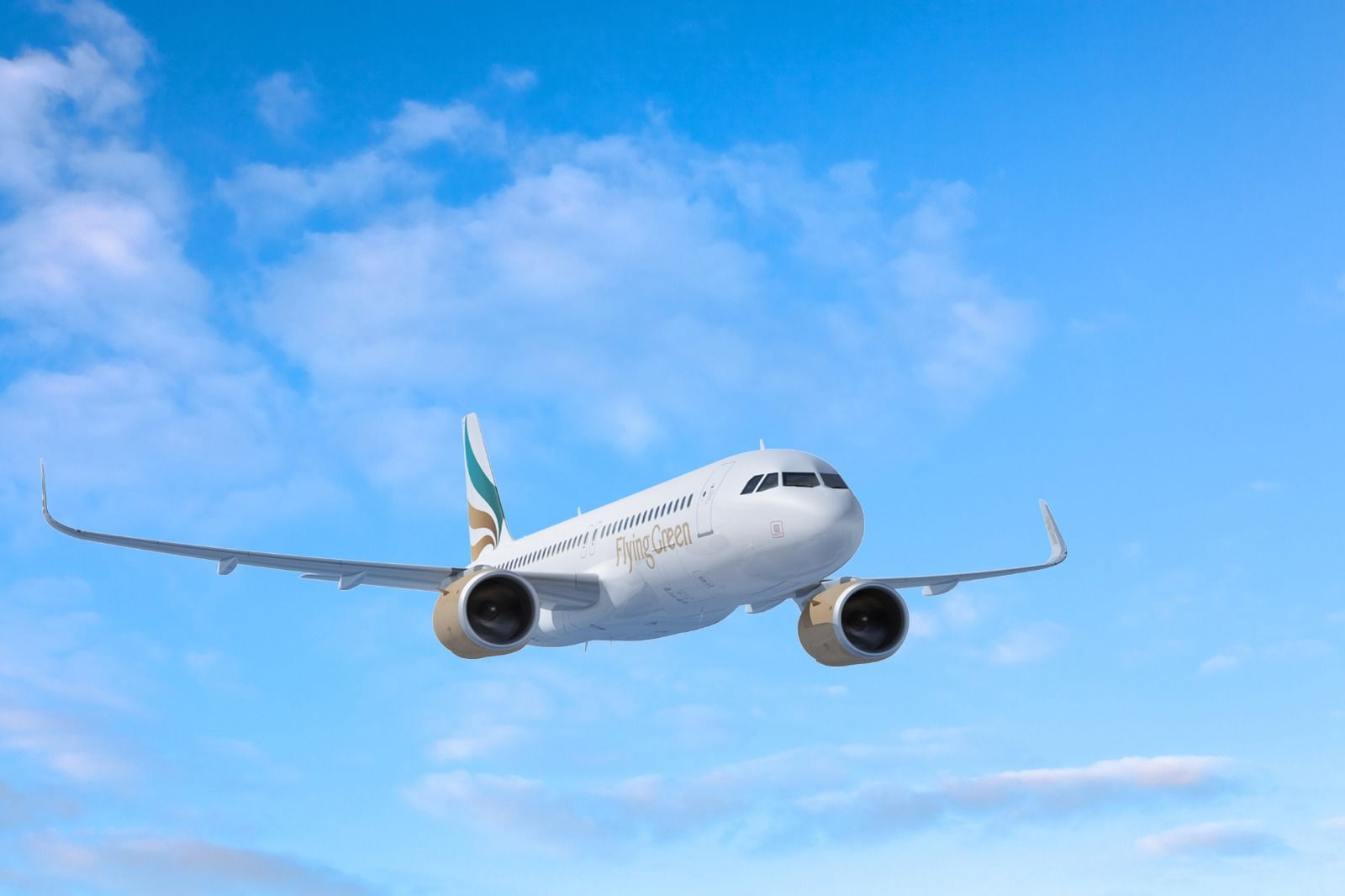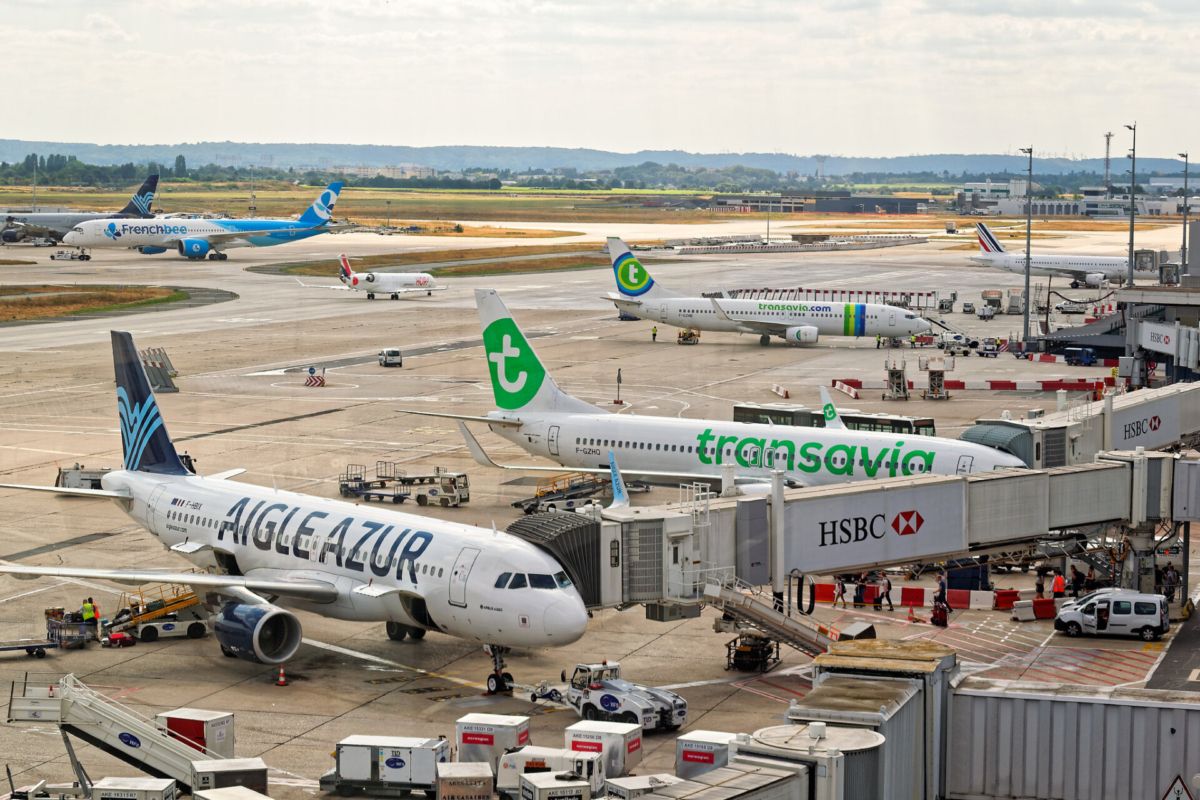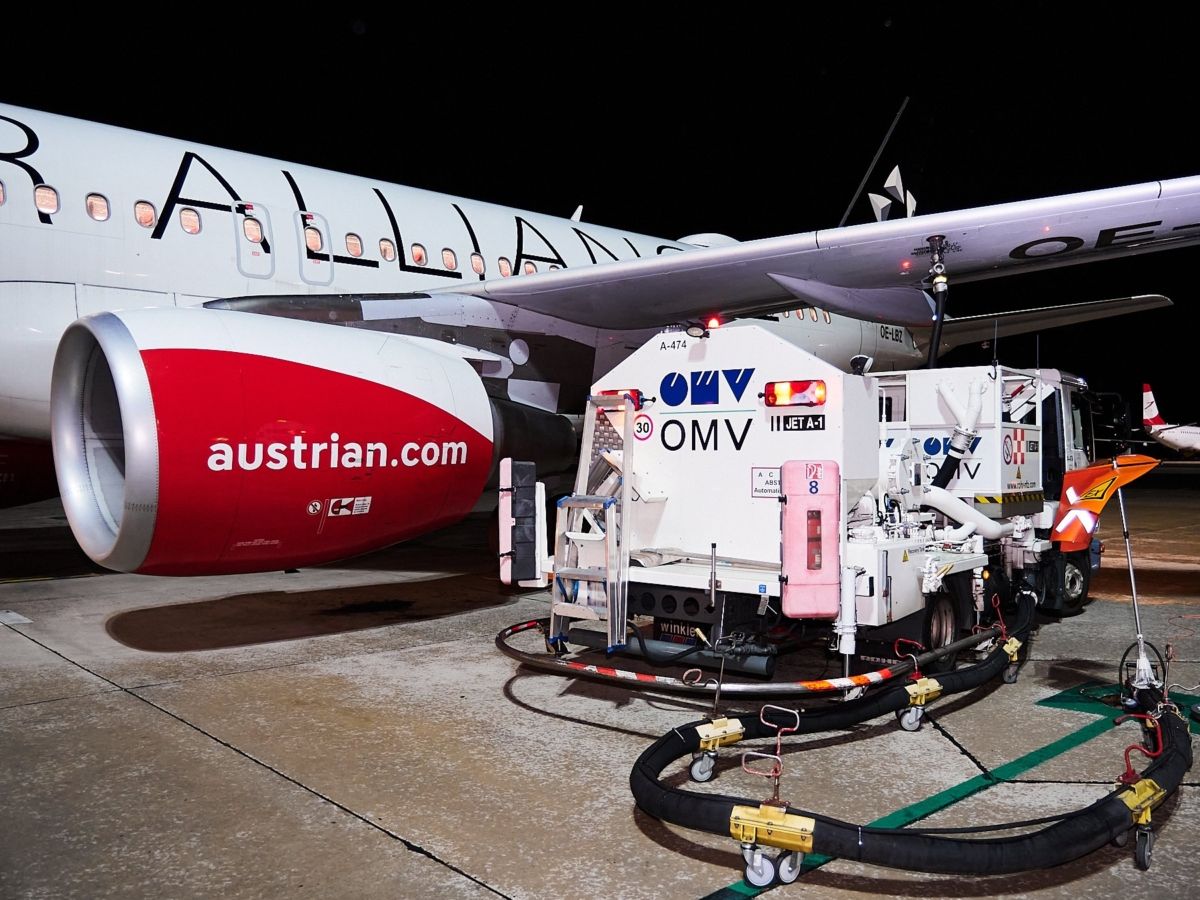Offering environmentally-friendly flights, French startup Flying Green wants to be a premium and eco-responsible airline company. Using Paris Orly Airport (ORY) as a hub, Flying Green plans to commence operations in 2023 with a fleet comprised of the latest generation of aircraft.
Based on a business plan revealed on December 6th, Flying Green says that it has approached European planemaker Airbus to acquire three Airbus A320neos. To finance the purchase of the new aircraft, Flying Green says it will launch a fundraising campaign in the coming year.
Flying Green wants to use SAF for all its flights
On its website Flying Green posted the following statement about what it would like to do:
"Flying Green is committed to implementing all existing technologies that are the most efficient for the environment, from the start of its operation. It wants to be the quietest airline company. It aims to be the first "net-zero emission of CO2" by adapting as and when to new certified technologies in order to maintain a high level of safety. A passenger traveling with Flying Green will thus reduce their CO2 emissions by 16% on average."
In its business model, Flying Green highlights the following steps it wants to take, which are:
- From the start of its operations, Flying Green plans to use at least 5% of Sustainable Aviation Fuel (SAF).
- Operate the newest generation aircraft, which are more fuel-efficient and quieter than previous generation planes.
- Use green operational procedures both in the air and on the ground.
- Select and only work with environmentally responsible partners
- All Flying Greener employees will sign an ethics charter stating that they are committed to the sustainable development of the airline.
- From the start of operations, there will be a zero paper policy and the use of 100% recyclable products.
Stay informed: Sign up for our daily and weekly aviation news digests.
Airlines are under pressure to cut emissions
The aviation industry faces pressure to go green and will need to spend billions of dollars on becoming more environmentally friendly. By being eco-friendly, they also risk putting up fares which could result in only the wealthy being able to fly.
Airlines worldwide have already pledged to become carbon neutral by 2050, as has the European Union, which also wants to see taxes raised on kerosene. For airlines to transition, they need to invest in new, more fuel-efficient aircraft. Currently, fuel costs represent between 20% and 30% of operating costs for airlines. While the obvious choice is to switch to using sustainable fuels made from organic products like cooking oil and algae it is also more expensive.
SAF costs three times more than conventional jet fuel
Producing Sustainable Aviation Fuel (SAF) costs three times more than regular jet fuel. Because of this, airlines are not buying enough SAF to get makers of it to increase production. When speaking to France 24 about the production of SAF, the head of French oil and gas giant TotalEnergies Patrick Pouyanne said:
"The energy and the ecological transition will have to be financed not only by airlines or energy companies but also by the whole chain, including customers."
With the pressure to replace older aircraft with new ones and governments looking to increase the tax on aviation fuel, there is only one way that prices for air tickets can go, and that is up.
What do you think of FLying Greener and their plans? Please tell us what you think in the comments.



